psychosocial counselling
January 27, 2022
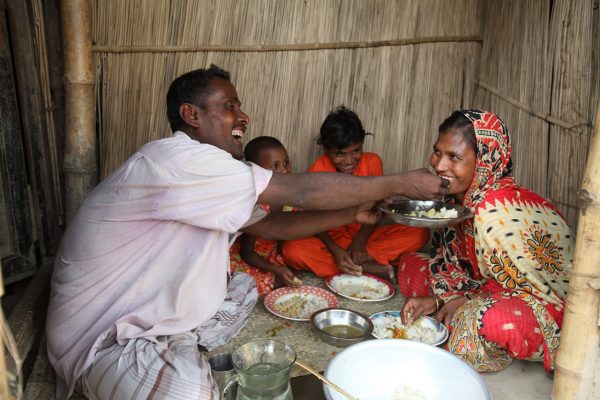
Published by Dr Morseda Chowdhury at Jan 27 2022
Categories
Bangladesh has recently passed the National Mental Healthcare Act 2018, and is about to finalise the breakthrough National Mental Health Strategy. However, resources and investment remain low, with 0.49 mental health caregivers per 100,000 population. In this backdrop, how can mental health be destigmatised and be brought to the doorsteps of everyone?
July 4, 2018
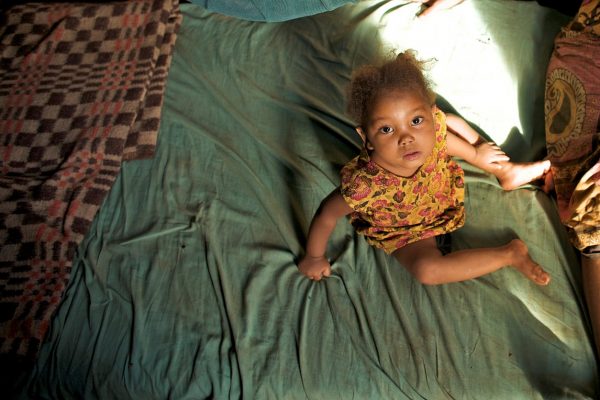
Published by Siki Kigongo at Jul 04 2018
It is no secret that Uganda’s infrastructure projects are extending beyond the capital city. However, it is a double-edged sword. There exists the ‘invisible’ effect, the dark side of these projects - especially for children and women.
January 3, 2018
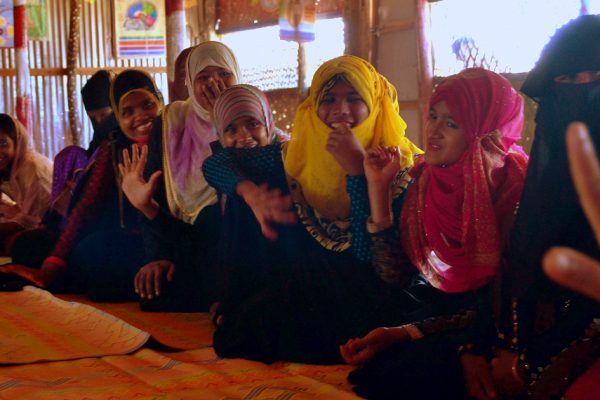
Published by Dibarah Mahboob at Jan 03 2018
When the rest of the world relates ‘self-defense’ to learning physical, martial arts skills, what does it mean for young girls from a displaced community, which also happens to be the world’s most persecuted minority? Do they realise that raising voices can be one of the most critical tools in their self-defence kits? Our social workers have begun empowering adolescent girls from the Rohingya community by creating awareness of their own agency.
November 26, 2017
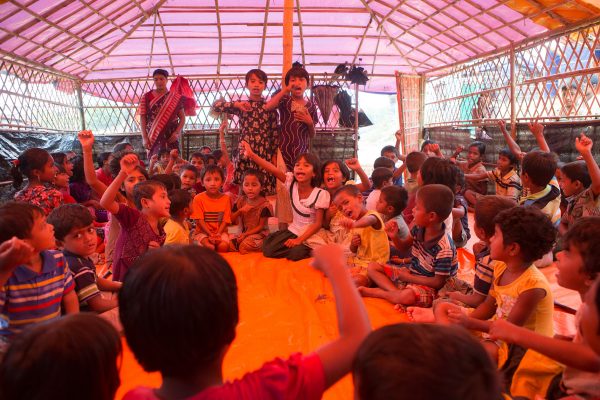
Deep inside the chaotic makeshift settlements of Kutupalong, Cox’s Bazar, is a spacious, shaded, colourful place. A bamboo structure with handmade decorations hanging from the walls. Curious onlookers gather outside the thatched windows, attracted by the rhythm.
March 23, 2015

Published by Saad Adnan Khan at Mar 23 2015
Categories
To create a more fluid space in the classroom, where learning is not hierarchical, lessons on sexual and reproductive health and rights and gender (SRHRG) and psychosocial counselling are designed to be more art and activity-centric at SSCOPE schools. These schools are designed by the Institute of Educational Development of BRAC University to address the high level of dropout at secondary schools.
February 25, 2015

Published by Sameeha Suraiya at Feb 25 2015
Categories
In some Bangladeshi schools, talking about problems is getting easier, and it’s about time. Especially when more than half of the students drop out of school once they complete their primary education. Various social pressures faced by adolescents contribute to the high level of dropouts.
February 19, 2015
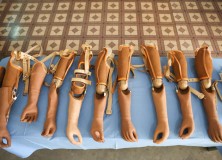
Published by Anushka Zafar at Feb 19 2015
Right after the Rana Plaza collapse, a special committee from the Bangladesh Prime Minister’s Office decided that BRAC would assist in the rehabilitation of amputation survivors. Specialising in upper limb prosthetics support, BRAC’s limb and brace centre (BLBC) has been providing these services, frequently working with the government and other NGOs to reach those who have lost limbs through accidents and diseases.
October 19, 2014
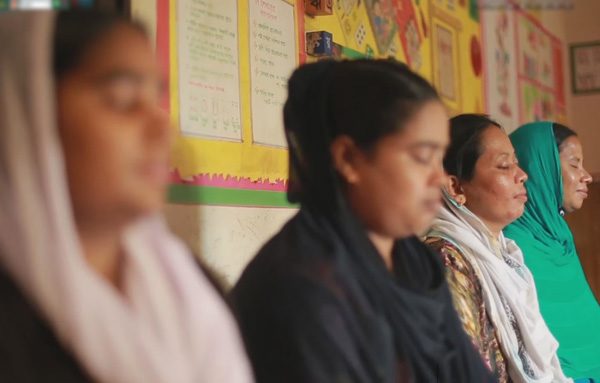
Published by Anushka Zafar at Oct 19 2014
Kabir Mollah was pulled out from under the remains of Rana Plaza four days after the collapse. Now every time he goes into a high-rise building, he gets anxious. Shiuli Khanom was also rescued after four days. “Even though I survived, I felt hopeless,” she says. “I couldn’t sleep. I had so many thoughts and worries. I was shaken and afraid and also physically weak.”
October 14, 2014
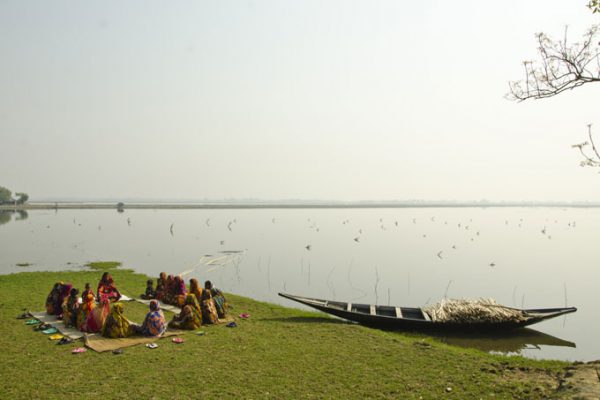
Published by Sakila Yesmin at Oct 14 2014
Whether it is the globally mourned celebrity deaths like that of Robin Williams’, or the shocking Rana Plaza tragedy occurring close to heart, recent news at both home and abroad have sparked global conversations on the importance of prioritising mental health at multiple forefronts. BRAC, a global leader in tackling poverty through social development, has been quick to jump in on the bandwagon.

